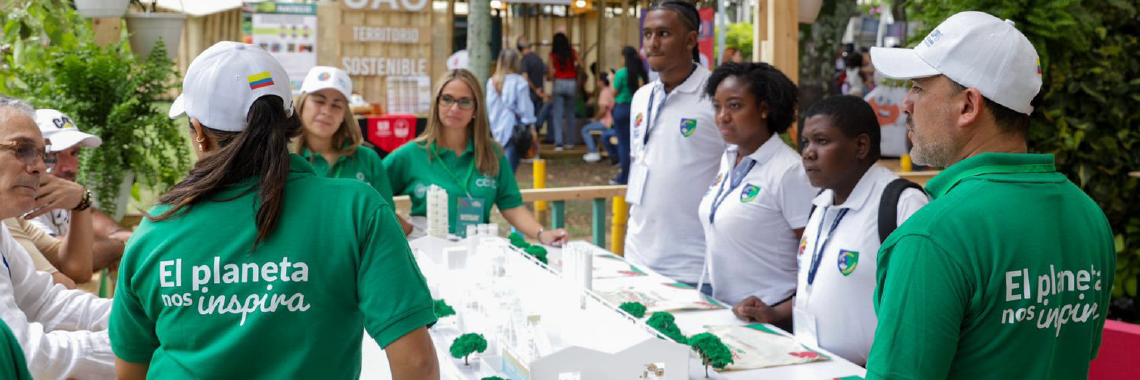The circular economy proposes a radical change in the way we conceive resources. This model seeks to close material cycles, promoting reuse, recycling and waste reduction from the design of products. In Colombia, this vision has begun to transform the way waste is managed, turning it into valuable resources for the economy.
Initiatives that are making a difference
The country has taken important steps towards the implementation of the circular economy. From public policies such as the National Circular Economy Strategy, to private and community initiatives that promote inclusive recycling and waste recovery. Companies and organizations are adopting innovative practices to convert waste into new opportunities, such as the production of recycled materials, renewable energy or products derived from the use of organic waste.
A prominent example is the strengthening of recycling associations, who play a crucial role in the collection and classification of recyclable materials. These initiatives not only generate a positive environmental impact, but also improve the working and social conditions of thousands of families that depend on this activity.
Benefits for the economy and the environment
The transition to the circular economy in Colombia is proving that it is possible to protect the environment while boosting economic development. Key benefits include:
- Waste reduction: Fewer materials end up in landfills or polluting natural ecosystems.
- Resource savings: Reusing materials reduces the need to extract virgin resources.
- Job creation: Recycling and waste transformation open up new job opportunities in sectors such as industry, innovation and services.
- Climate change mitigation: Efficient waste management reduces greenhouse gas emissions associated with landfills and the extraction of new materials.
Challenges and opportunities for the future
Although Colombia has made significant progress, there are still challenges to overcome. The infrastructure for recycling and waste recovery needs to be expanded, and greater public awareness is needed about the importance of actively participating in this model. In addition, it is crucial that companies and government work together to promote more ambitious regulations and encourage investments in technologies that allow closing production cycles more efficiently.
An inspiring model for Latin America
The Colombian example resonates throughout the region, showing that the circular economy is more than a trend: it is a necessity. Its implementation not only addresses environmental challenges, but also promotes inclusive and sustainable economic development, turning waste into a key resource for the future.
At Mercado Circular, we celebrate these initiatives and are committed to continuing to promote practices that help build a world where waste is a thing of the past. Are you ready to join the transformation? 🌍
Source: La Opinión: Economía circular que transforma la gestión de residuos en Colombia

